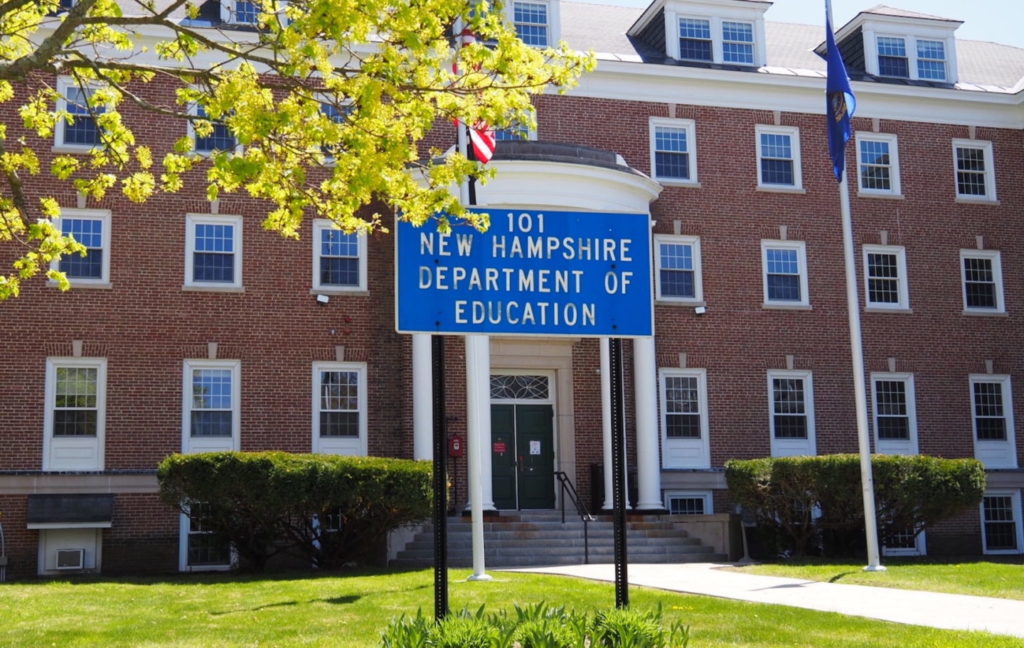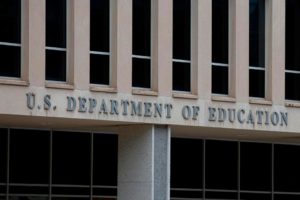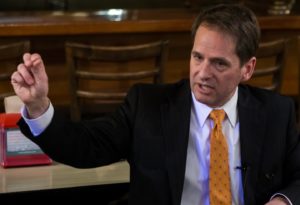New Hampshire public school funding now exceeds $20,000 per student
The New Hampshire Department of Education has announced that education funding has officially exceeded $20,000 per student.
Despite a 20% drop in public school enrollment, per-pupil…

The New Hampshire Department of Education has announced that education funding has officially exceeded $20,000 per student.
Despite a 20% drop in public school enrollment, per-pupil costs have risen by 87% since 2000, the department’s press release explained.
“While we have and will continue to work to expand resources for all students, it is clear that we are in a challenging environment of escalating costs and decreasing student enrollment,” admitted education commissioner Frank Edelblut. “New Hampshire’s cost per pupil is substantially higher than the nationwide average.”
Most estimates of national per-pupil spending come in at less than $16,000.
While some states, particularly in the Northeast, also spend excessively large amounts on public education, many others spend $15,000 or less per student. Some, such as Utah, even manage to stay below $10,000.
New Hampshire’s situation was made more challenging by a lawsuit the state lost against local school districts that claimed underfunding schools was a constitutional violation. The court decided New Hampshire needed to more than double the state’s contribution to public school revenues – which was less than 20% of the overall federal, state and local funding at the time.
Public schools receive most of their funds from local sources, with supplements from state and federal governments.
Yet, despite far above-average funding, New Hampshire students still struggle academically.
A state report from July 2023 boasted of “academic gains” during the post-pandemic era, but reading, math and science scores for all grades were still lower than in 2018. In 2023, fewer than two-thirds of high school juniors were proficient in English. A meager one-third met standards in math.
Now, New Hampshire public schools will spend the equivalent of private school tuition – but with little to show for it.
State Rep. Glenn Cordelli, R-Tuftonboro, vice chair of the House Education Committee, anticipates citizens becoming frustrated with higher taxes and poor test scores.
“It’s pretty evident that over probably a couple of decades, spending is going up, and achievement scores are pretty much flat,” Cordelli said. “At some point, the public is going to become aware, and something is going to happen.”



